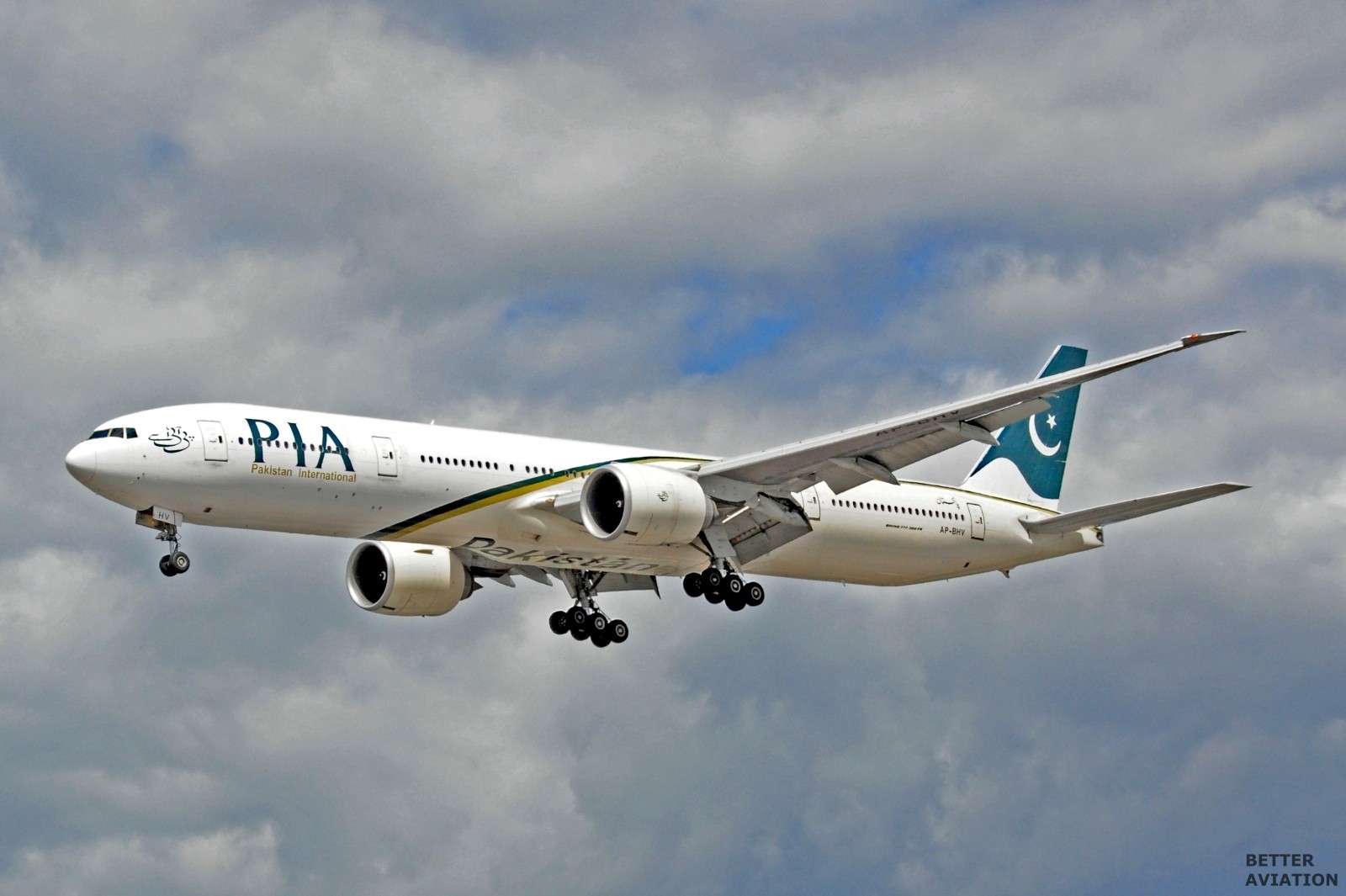Aviation is one of the most demanding professions in terms of physical and mental fitness. For those aspiring to become cadet pilots with Pakistan International Airlines (PIA), meeting specific health standards is non-negotiable. The airline has well-defined medical and physical fitness criteria to ensure that every cadet pilot is capable of handling the intense responsibilities of flying an aircraft safely and efficiently.
If you’re preparing to apply for the PIA Cadet Pilot Jobs, it’s essential to understand the exact medical requirements and how they relate to the application process. In this blog, we’ll guide you through everything you need to know before stepping into the recruitment phase.
Understanding the Role and Why Fitness Matters
Being a pilot involves long hours, handling high-stress situations, and operating complex flight controls. Your physical and mental alertness directly affects passenger safety and flight operations. Therefore, aviation authorities and airlines like PIA have made strict health assessments mandatory for all applicants.
Medical and physical assessments are designed to rule out any conditions that may impair a pilot’s ability to function in emergency or high-pressure scenarios. These assessments are guided by international standards, specifically those set by the Civil Aviation Authority (CAA) of Pakistan and other global bodies like ICAO and EASA.
Key Medical Requirements
Candidates must pass a Class 1 Aviation Medical Examination, conducted by an aviation-certified medical examiner. Here are the primary health benchmarks you must meet:
1. Vision
- Unaided Vision: You must have near-perfect vision (6/6 or better). Some minor errors may be corrected with glasses or contact lenses, but severe visual deficiencies can disqualify a candidate.
- Color Vision: Candidates must pass a color blindness test, usually done using the Ishihara test, to ensure accurate recognition of cockpit signals and navigational instruments.
2. Hearing
- You must be able to hear a normal conversation at a distance of 2 meters in both ears. Audiometry testing may be conducted to rule out hearing loss that could affect flight communication.
3. General Physical Health
- Your cardiovascular, respiratory, and nervous systems must be fully functional.
- Chronic conditions like uncontrolled diabetes, epilepsy, or severe asthma can lead to disqualification.
- Blood pressure should be within a normal range.
Physical Fitness Requirements
Along with medical criteria, PIA ensures all cadet pilots meet physical standards that reflect endurance and strength.
1. Height and Weight
- Ideal height is generally above 5’4” (162 cm). While there is no strict cut-off, your height should be proportionate to safely operate aircraft controls.
- Body Mass Index (BMI) must fall within the healthy range (18.5–24.9). Obesity or extreme underweight conditions may result in disqualification.
2. Physical Endurance
- You should be capable of passing a basic physical assessment that may include running, flexibility, and coordination tasks.
- Those from a medical background should especially focus on aerobic fitness and core strength, which play a vital role in enduring long flight durations and handling in-flight emergencies.
Mental Health Evaluation
Mental resilience is just as important as physical fitness. The psychological evaluation includes cognitive functioning, decision-making under pressure, and emotional stability. Anxiety disorders, clinical depression, or other diagnosed mental illnesses could result in ineligibility.
This aspect is often overlooked but is an essential part of medical certification. If you have a history of mental health treatment, you’ll be required to provide complete documentation and a recommendation from a certified psychiatrist.
Preparing for the Fitness Tests
Before applying, it’s highly recommended to:
- Get a Class 1 Medical Examination from a CAA-approved medical center.
- Start a physical fitness regimen, including cardiovascular training and strength exercises.
- Address minor health issues like weight management or vision correction in advance.
For complete application instructions and updated requirements, visit the official page for
PIA Cadet Pilot Jobs.
Final Thoughts
A career as a cadet pilot at PIA is a prestigious and rewarding path, but only those who meet the rigorous health and fitness standards are selected. Understanding these medical and physical benchmarks in advance allows you to prepare thoroughly and improve your chances of success.
Whether you’re from a medical background or transitioning into aviation from another field, meeting the physical and mental expectations is crucial for your journey to the cockpit.


